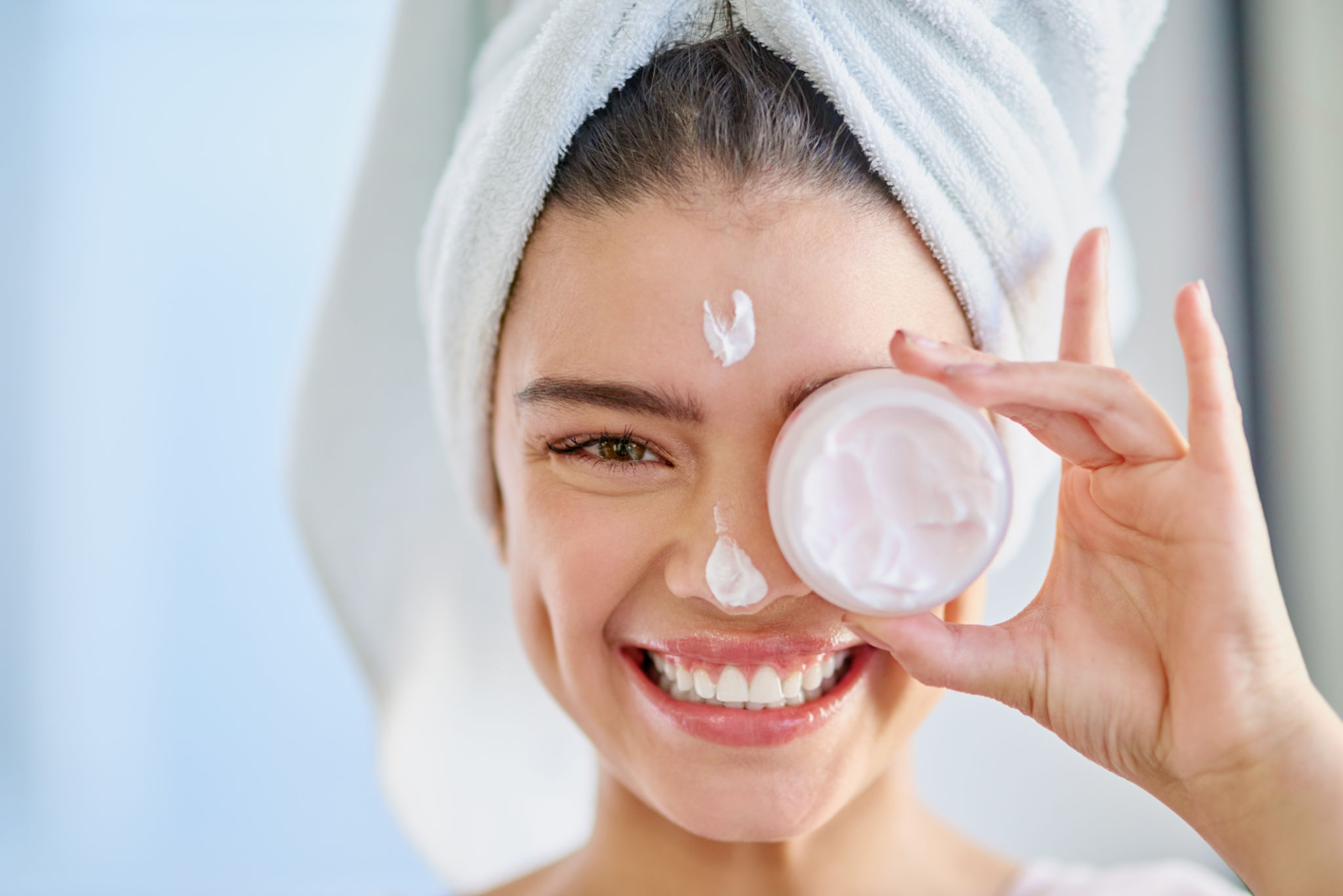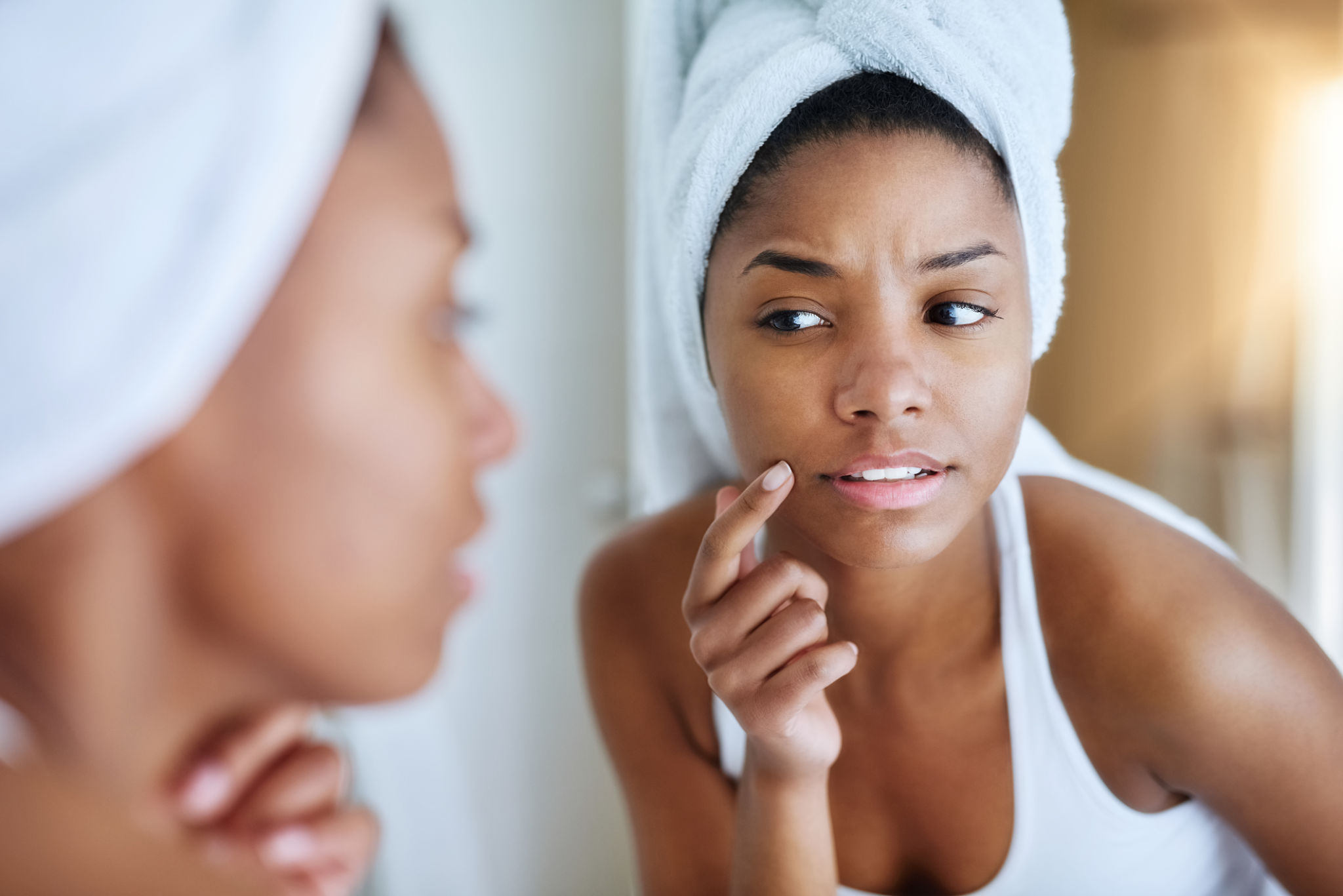Myth-Busting Skincare: Common Misconceptions Debunked by Professionals
LK
Understanding Skincare Myths
Skincare is a topic that has fascinated many for decades. With countless products and suggestions available, it can be overwhelming to discern fact from fiction. In this post, we aim to shed light on some common skincare myths and provide clarity based on expert advice.
The skincare industry is flooded with information, much of which is misleading. Misconceptions can lead to ineffective routines or even skin damage. Let's dive into some prevalent myths and the truths behind them.

Myth 1: Oily Skin Doesn't Need Moisturizer
Contrary to popular belief, oily skin requires moisture just like any other skin type. Skipping moisturizer can lead to the skin producing even more oil to compensate for the lack of hydration. Experts recommend using a lightweight, non-comedogenic moisturizer that hydrates without clogging pores.
Moisturizers help balance the skin's sebum production and maintain its protective barrier. Opting for products with ingredients like hyaluronic acid can provide essential hydration without the greasy feel.
Myth 2: Expensive Products Are Always Better
Price does not always equate to quality in skincare. Many affordable products contain highly effective ingredients that can outperform their pricey counterparts. Dermatologists emphasize the importance of focusing on the ingredients list rather than the price tag.

Look for active ingredients that are scientifically proven to work, such as retinoids for anti-aging or salicylic acid for acne. Even drugstore brands offer formulations that can cater to specific skin concerns at a fraction of the cost.
Myth 3: Natural Ingredients Are Always Safe
While natural ingredients are often perceived as safer, this is not always the case. Some natural substances can cause allergic reactions or irritation. It's important to perform a patch test before fully incorporating a new product into your routine.
- Essential oils can be potent and irritating to sensitive skin.
- Citrus extracts may increase sun sensitivity.
Dermatologists advise being cautious with natural products and opting for those that are clinically tested and proven safe for your skin type.

Myth 4: Sunscreen Is Only Necessary on Sunny Days
Sunscreen should be a staple in your daily skincare routine, regardless of the weather. UV rays can penetrate through clouds and windows, leading to skin damage over time. Consistent use of sunscreen helps prevent premature aging and reduces the risk of skin cancer.
Experts recommend using a broad-spectrum sunscreen with at least SPF 30 every day. Reapplying every two hours when outdoors is crucial for optimal protection.
Conclusion
Understanding these skincare myths is essential for building an effective routine that caters to your unique needs. By relying on professional advice and focusing on evidence-based practices, you can achieve healthier, more radiant skin.
Remember, skincare is personal, and what works for one person may not work for another. Always consider consulting with a dermatologist to tailor a regimen that's right for you.
